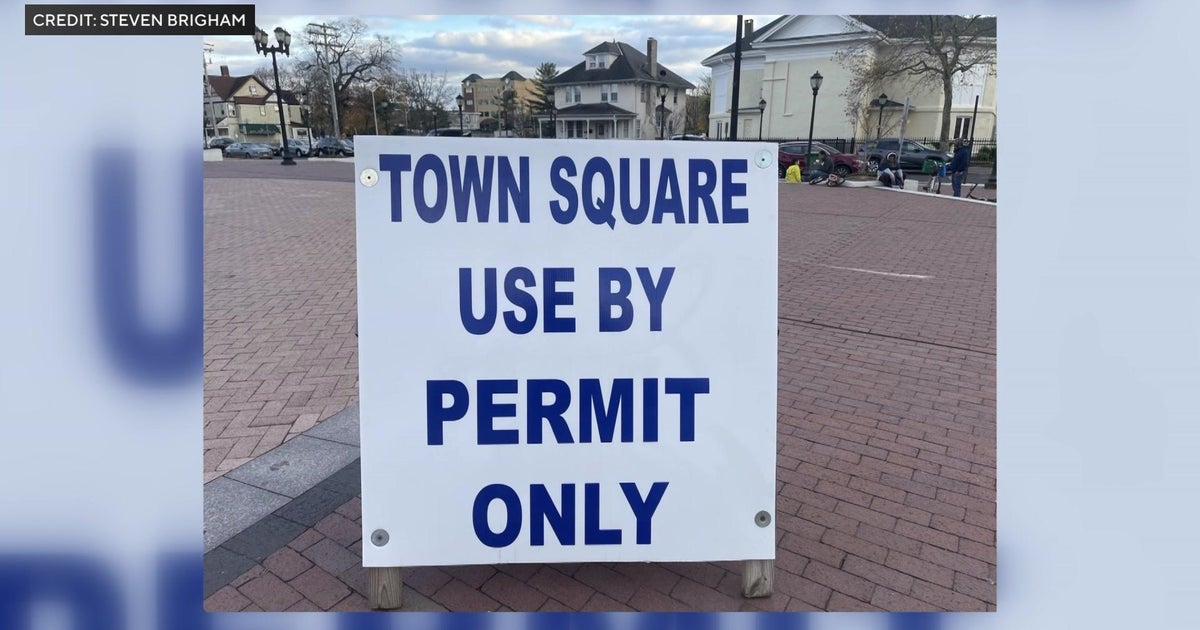Parents In New Jersey Try To Stay Ahead Of Teen Drug Trends
NEW JERSEY (CBSNewYork) -- They have innocent sounding names like "purple drank" and "puppy chow," but they're used to get high and kids are concocting some of them with simple things they can find at home.
As CBS 2's Hazel Sanchez reported, parents packed an Allendale, N.J. auditorium to hear an eye-opening warning from a former drug enforcement agent about heroin, prescription drugs, and their children.
"The three most dangerous words – 'Not my child,'" said former U.S. Drug Enforcement Administration agent Douglas Collier.
"The more information I have, like, forewarned is forearmed, and I just want to be educated about the situation," said parent Mary Jaffe.
The most recent statistics from the state Medical Examiner shows heroin-involved deaths in Bergen County have increased since 2009, and almost doubled between 2010 and 2011, Sanchez reported.
"We have to get the message out. We're losing children; we're losing loved ones every day to this problem. We have to get ahead of it," Collier said.
What is even more frightening is that new drugs are emerging to replace heroin. The drugs are highly accessible, touted as legal, and perceived as safe.
"Purple Drank" is a mix of Sprite soda, Jolly Rancher candies, and codeine produces euphoria and causes motor skill impairment. Overdosing can be fatal when the mixture depresses the central nervous system and stops the heart and lungs.
"They're very clever and it's scary," Jaffe said.
Some parents were shocked to hear about a marijuana-laced snack called "puppy chow," made up of cereal, chocolate, butter, powdered sugar, and laced with THC. For $10 a cup, consumers can experience a five-hour high, Sanchez reported.
"It's almost like desperation where they're going for anything to hide what they're doing, which is very scary," said parent Ronnie O'Neill.
Drug counselor Joyce Scanzillo said parents need to know these trending drugs are in their neighborhood and in their schools.
"There's no socioeconomic barrier to this disease. It doesn't have to become a disease for kids if there's an early enough intervention," she said.
Experts say interventions are key to prevention.
Check Out These Other Stories From CBSNewYork.com:



